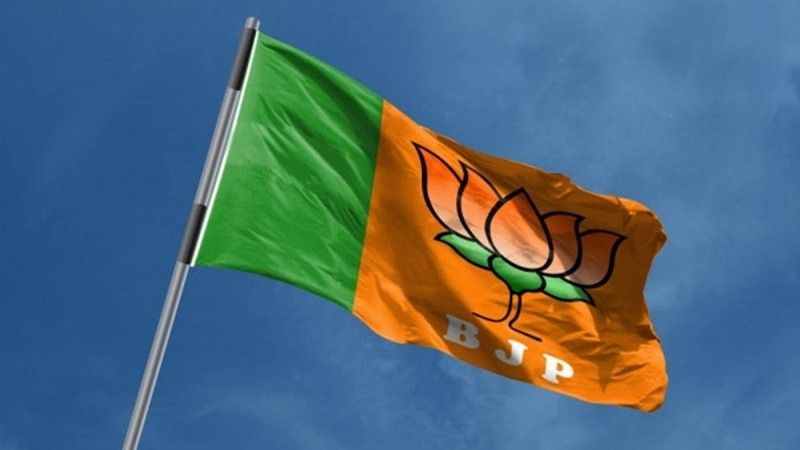
The BJP has secured a resounding third consecutive win in Haryana, underscoring its adeptness at leveraging a blend of caste-based strategies, effective leadership, a fractured opposition, and a well-oiled election machinery. Despite grappling with two-time anti-incumbency, the party maintained its dominance by appealing to diverse voter bases and capitalising on local and national issues that resonated with the electorate.
The Congress, on the other hand, faced significant setbacks owing to a variety of factors. Complacency, an over-reliance on Jat leaders, sidelining of Dalit leader Kumari Selja, and a lack of a compelling campaign agenda all contributed to its defeat. Further, the decision of the AAP to contest all seats, coupled with the failure to exploit issues such as unemployment and price rice, rendered the Congress campaign ineffective.
The BJP’s strategic strengths, in consolidating non-Jat votes, coupled with the Congress’s internal weaknesses, led to the latter’s defeat. BJP’s triumph not only reinforces its influence in the North but sets the stage for potential challenges in the forthcoming elections in Maharashtra and Jharkhand. The implications are profound. BJP and Congress may appear to be on equal footing for future contests in the two states, but the perception of BJP’s strength following its victory is significant.
The win bolsters the party’s image as a formidable force in the Hindi heartland, given Haryana’s proximity to Delhi. It could boost the morale of the party, solidifying its grip over UP and MP, and creating a ripple effect in Maharashtra and Jhar - khand. BJP aims to project the win as a reaffirmation of its continued dominance in the North. Conversely, the BJP’s loss in Jammu and Kashmir will be viewed as a setback, particularly in regions where security, national integration, and Kashmir’s unique status are pressing concerns.
In Maharashtra, the BJP is allied with the Eknath Shinde’s Shiv Sena. The win could enhance the BJP’s negotiation power with its allies, reinforcing the stability of the current government. However, a loss in J&K might embolden Uddhav Thackeray’s Sena, along with Congress and NCP, to intensify their criticism of the BJP’s national policies, especially on federalism and national security. Maharashtra’s voters are influenced by a blend of urban concerns, such as economic policies, and rural issues, like agriculture and employment.
The victory is likely to help the BJP maintain its urban base. Yet, a defeat in J&K could damage its appeal in rural or sensitive regions, particularly about nationalism and governance. In Jharkhand, the BJP faces a robust regional alliance comprising JMM, Congress, and RJD. The win could enhance the BJP’s image as a party capable of challenging regional coalitions. However, the loss in J&K could undermine its narrative of being an unassailable force, potentially empowering the Hemant Soren-led govt in Jharkhand, which has regional roots and appeals to tribal sentiments.
Jharkhand’s substantial tribal population resonates with regional autonomy and decentralisation. A defeat in J&K, where BJP has been seen as centralising power, could bolster support for regional narratives of autonomy in the state, solidifying backing for Soren’s coalition against the BJP’s centralising tendencies. The momentum could provide the BJP an advantage in elections in Maharashtra and Jharkhand. Conversely, losing J&K could present an opportunity for opposition parties to capitalise on the BJP’s vulnerabilities, particularly in Maharashtra and Jharkhand.
Concerns about the BJP’s handling of sensitive regions may be raised, allowing opposition parties to frame the narrative as one of national governance failure. Alliance dynamics in Maha - rashtra could shift. The BJP-Shinde government may face stronger opposition from the MVA (SenaUBT, Congress, NCP). The loss in J&K could lead to intensified critiques of BJP’s national policies, resonating with urban voters in Mumbai and other city centres. In Jharkhand, the opposition might use the J&K defeat to bolster their position, undermining the BJP’s claims of being the guardian of national unity and security.
KS Tomar is a political analyst & strategic affairs columnist based in Shimla